Funerals have been steeped in religious tradition for thousands of years but modern changes in religious beliefs mean demand for non-religious funerals is at an all-time high.
In the most recent 2021 census, the proportion of people who identified as having no religion increased by 12%. It was also the first census where those who described their religion as Christian were less than half of the population.[1]
Last year, 49% of farewells were non-religious funerals and over half of all those who organised a funeral described the tone as a celebration of life.[2]
Non-religious funerals like humanist ceremonies, celebrations of life and direct cremations give full flexibility and freedom in the way you remember your loved one.
[1] In 2021, 37.2% of people reported no religion, up from 25.2% in 2011. 46.2% described their religion as Christian. (Census 2021, Office of National Statistics)
[2] In 2024, 51% of people described the funeral they held as religious and 51% described the tone as a celebration of life. (SunLife Cost of Dying Report 2025, sunlife.co.uk/funeral-costs)
A non-religious funeral, also known as a secular or humanist funeral, is just what it sounds like – a funeral without any religious elements. Prayers, hymns, mentions of religious deities and spiritual worship won't be included in the funeral service.
Although non-religious funerals remove all the theological elements, that doesn’t mean you need to forego all funeral service traditions.
There are multiple ways to hold a non-religious funeral with choices to make about who to lead the service, where to hold it and the contents of the service itself.
If your loved one didn't belong to any particular religion, a non-religious funeral could be the right choice.
Non-religious funerals are also popular with those who have loved ones across multiple faiths and cultures. By excluding elements of religion that friends and family may not be part of, a non-religious funeral brings people together from all walks of life to say their goodbyes.
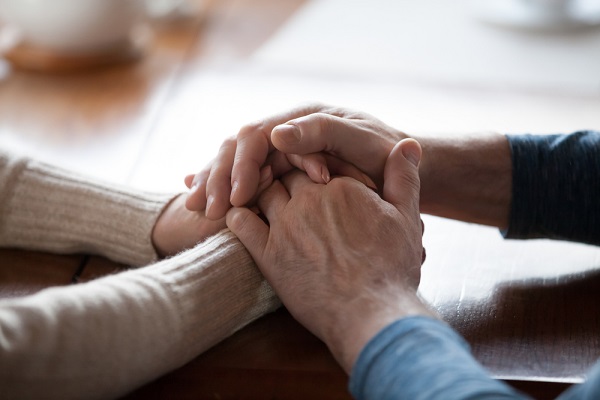
Non-religious funerals are as easy to arrange as traditional funerals and can be just as significant and heartwarming.
The steps to follow to arrange a non-religious funeral are:
Contact a funeral provider
When you engage the services of a funeral provider, they’ll take care of your arrangements. All you need to do is let them know your wishes and they’ll be able to talk you through your options.
Select a venue
Your funeral provider may have their own premises like their own crematorium or wake facilities. Or they can support you by suggesting suitable funeral venues nearby.
Choose someone to lead the service
A humanist or civil celebrant can lead a non-religious funeral service. Alternatively, you can have a family member or friend lead proceedings if they are able to for an extra personal touch.
Decide on the details of the service
Though the funeral will not have prayers or hymns, you can still choose readings, play songs, have a eulogy and include personal touches.
There are several flexible and dignified ways to have a non-religious funeral. Non-religious funerals emphasise the importance of celebrating life, cherishing memories, honouring legacies and finding meaning in the connections we share.
Celebrant-led funerals are conducted by trained professionals who specialise in non-religious ceremonies. These ceremonies are centred around the life of the deceased without any religious content.
A celebrant works closely with the family to craft a ceremony that reflects the beliefs, values, and personality of their loved one. They often include readings, music, and personal tributes that capture the essence of the deceased.
Family-led funerals let family members and close friends take an active role in planning and conducting the funeral ceremony. The ceremony can honour relationships and reflect on experiences shared with the deceased.
This option allows for a deeply personal and intimate tribute to the deceased, with family members leading readings, sharing memories, and organising rituals that hold significance for an authentic farewell.
Direct cremation is a simple and cost-effective option where the deceased is given a respectful cremation without a funeral service or mourners present. This option appeals to those who prefer more straightforward and minimalist end-of-life arrangements.
Families may choose to hold a separate memorial service or gathering at a later time to honour and remember their loved one in a way that aligns with their beliefs and preferences.
At Distinct Cremations, you have the opportunity to choose an unattended direct cremation or an attended cremation with a service.
View our services below or alternatively, you can view our CMA standardised price list.
Our unattended cremation offers a simple and low-cost cremation without a funeral ceremony. The cremations take place with no service or mourners present at our peaceful and scenic crematoria. Dignified care is guaranteed throughout.
Our attended cremation is perfect for those looking for a fuss-free farewell and a final chance to say goodbye. We offer the choice between a 30 and a 60 minute service depending on what you'd prefer.
Having a non-religious funeral service offers more flexibility than a religious funeral because it can be held at any venue happy to host.
Popular options include:
Freedom around the venue lets you ensure that the ceremony reflects the beliefs and values of the deceased and provides comfort and closure to those who are grieving.

A non-religious funeral can be conducted by a variety of people. There are professional celebrants who specialise in providing personalised and meaningful ceremonies without religious content.
But ultimately, anyone who is respectful, empathetic, and capable of crafting a meaningful tribute can conduct a non-religious funeral.
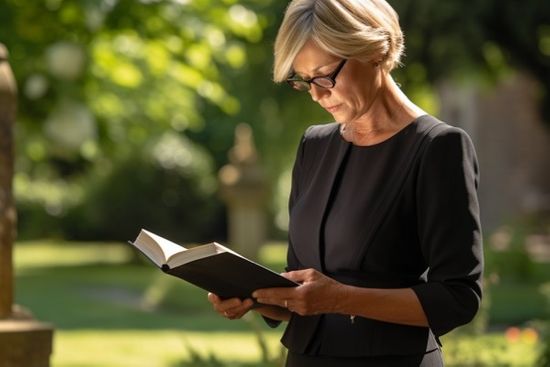
Humanist celebrants specialise in conducting non-religious ceremonies, including funerals. They work closely with families to create a ceremony that reflects the beliefs, values, and life of the deceased without any reference to religion.

Civil celebrants have a wealth of experience in delivering non-religious celebrations. They’ll help to guide you on choosing songs and any readings you may want to include, careful to suggest options without a spiritual focus.

Rather than invite a person unknown to the deceased to lead the service, many families decide to lead the funeral themselves. Resources like online guides, books or templates can help to make the service extra personal.
Non-religious funerals do not involve clergy or religious officiants. However, individuals from other diverse backgrounds such as community leaders, local authority figures or professional speakers may be enlisted to lead the ceremony.
Non-religious funerals are almost identical to what many of us would consider a ‘traditional’ funeral. The only difference is that any references to religion or spirituality are removed from the order of service.
In place of hymns and scripture readings, congregations typically sing the deceased’s favourite songs and enjoy literature or poetry readings.
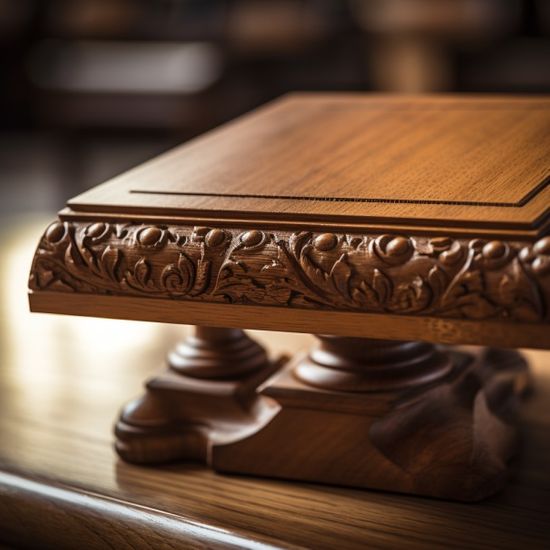
You have an array of options available to you when choosing a funeral reading for a non-religious funeral service. Book passages or quotes from famous speeches may provide inspiration and a comforting sentiment.
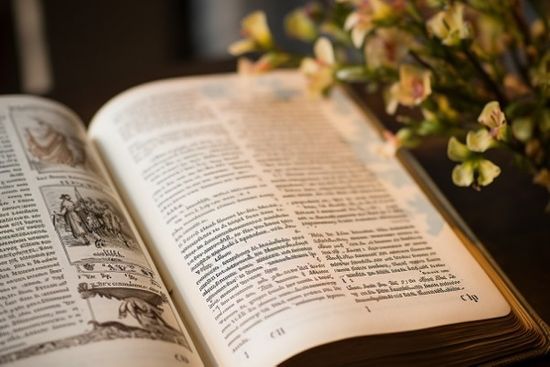
Music can quickly and effectively unlock our emotions, uplift us or bring us to tears. Consider your loved one's favourite songs or genres that reflect the chosen theme of the service in their memory.
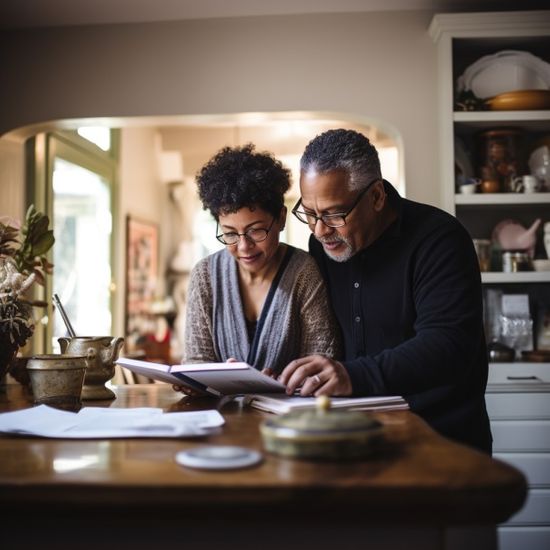
Poetry is extremely varied so there will be poems out there that fit the style of your memorial. A serious piece conveys the sombre significance of the day whereas a lighthearted poem uplifts attendees and focuses on happy memories.
There are no rigid guidelines for attire at a non-religious funeral, but it's advisable to dress with respect in mind. Traditional darker colours are still more suitable unless specified otherwise.
Dress in a way that demonstrates respect for the deceased while also allowing you to feel comfortable and confident as you pay your respects. The deceased's wishes may influence clothing too. They might have requested attendees wear vibrant colours or items that hold personal significance such as their favourite flower.
If there are no specific guidelines set by the family or the deceased, here are some tips you might find helpful.
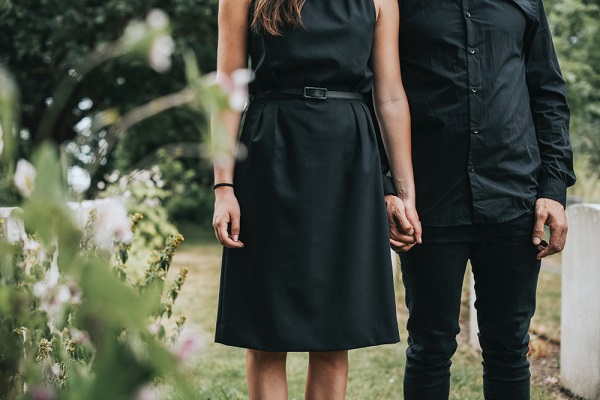
If your loved one didn’t want any form of funeral an unattended direct cremation may offer the solution. Arrange a simple cremation separate to a celebration of life party or remembrance service. There’s no service which means no tough decisions to make over what to include or not to include.
Our direct cremation offers a simple dignified cremation at one of our state-of-the-art crematoria.
If you’re organising a funeral, and think that you’d like a non-religious send-off or unattended cremation you can plan and pay for your own funeral in advance with a funeral plan.
Our free guide explains how you can avoid the stress and expense of a traditional funeral with our affordable and dignified farewells.
The guide outlines what our low cost funeral plans include, the payment options and how to take out a cremation plan with us.
Get your free guideTo help you arrange a funeral for a loved one, see more guidance below. Alternatively, you can give us a call on 01543211997 and our friendly and knowledgeable Customer Service Specialists can support you with your funeral arrangements.
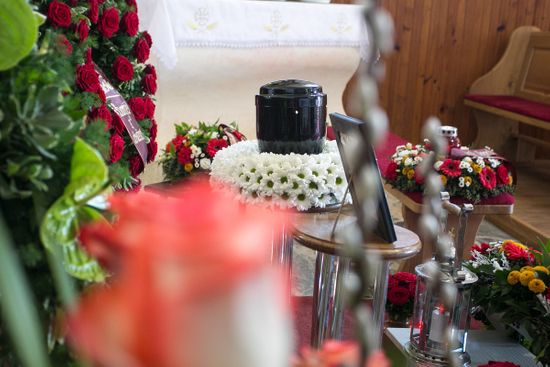
Learn more about the varied funeral types from burial and cremation to modern unattended cremation so you can be sure you're choosing the send off which suits your loved one best.
Types of funeral
Create an order of service that does your loved one's unique personality justice with our guidance about writing a eulogy and choosing funeral music, poems and readings.
Personalising a funeral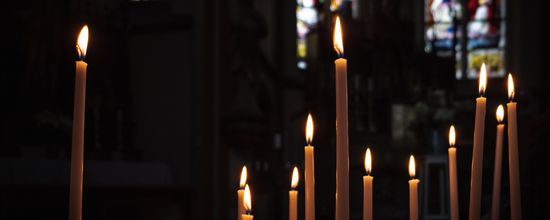
Individualise every aspect of your loved one's funeral including urns, coffins, funeral cars, choosing their celebrant, writing their order of service and making funeral donations to charity.
Plan a funeral serviceWe offer the highest level of support, but don't just take our word for it. Below are recent reviews from customers who bought a funeral with us.





